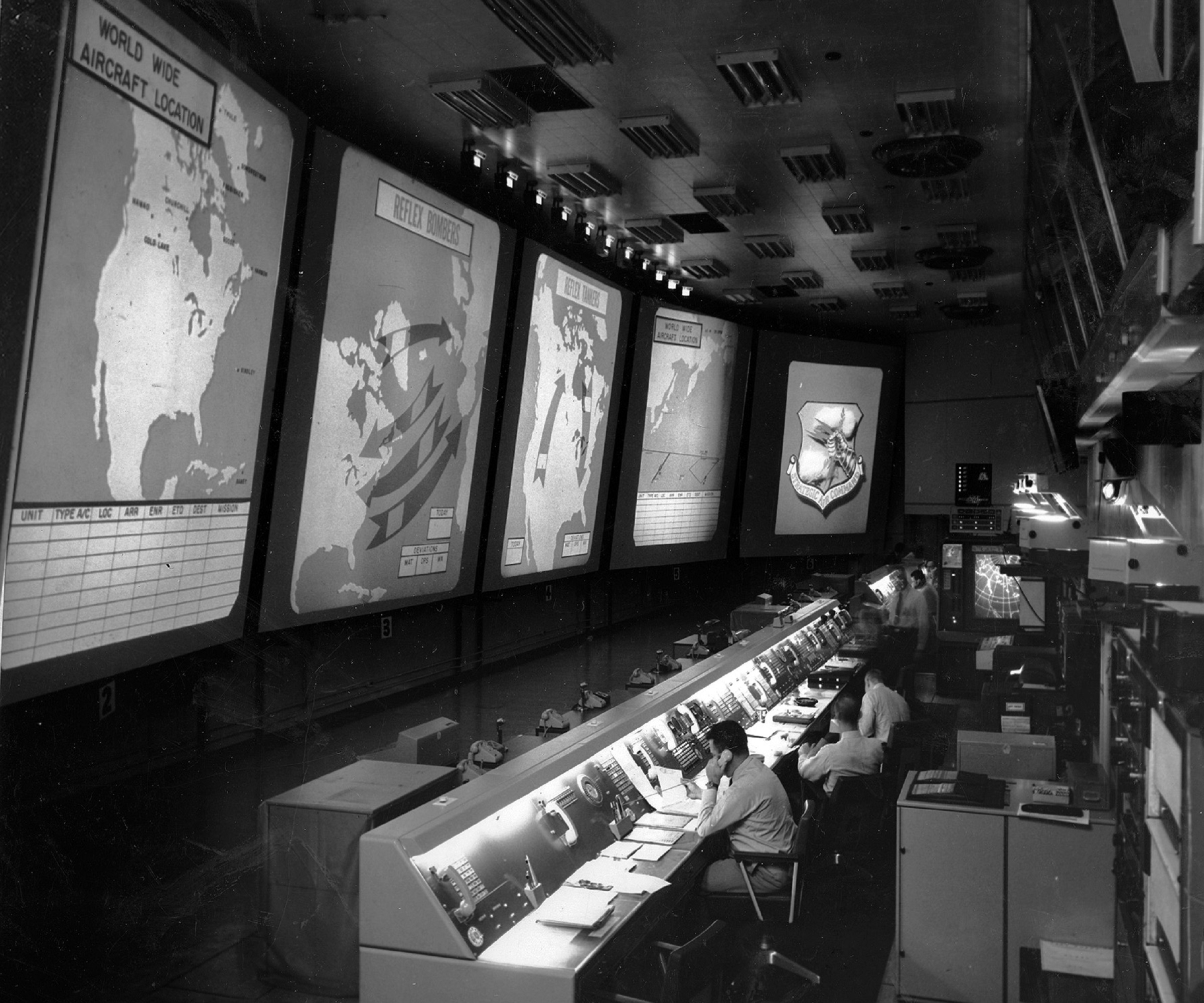The seminar will be held from 12:30 to 2 p.m. (E.T.)
The United States for many decades has been developing plans to prepare for and “prevail” in a large-scale nuclear war. This seminar asks the question: what has enabled U.S. military officers to make highly detailed plans to fight and “prevail,” in President Ronald Reagan’s words, in “a nuclear war [that] cannot be won and must never be fought”? The reason for developing highly detailed “executable” plans to fight and “prevail” in a nuclear war is to threaten an enemy so “he” will not attack you or your allies. But if nuclear war plans do not deter an enemy, carrying out U.S. plans in the hopes of destroying enemy forces will almost certainly lead to incomprehensible destruction. The seminar explores how those who develop U.S. nuclear war plans understand what they are planning, and lays out the social, in this case, mostly organizational, mechanisms that enable officers to plan the end of the world, at least the world as we know it. The talk draws on Eden's article “U.S. Planning for Pandemics and Large-Scale Nuclear War,” (2021).
About the speaker: Lynn Eden is senior research scholar (emeritus), at Stanford University. For many years she was a senior research scholar at Stanford’s Center for International Security & Cooperation (CISAC) in the Freeman Spogli Institute for International Studies; for about half of those years, she also served as associate director for research. Before that, Eden taught in the history department at Carnegie Mellon University. Most of Eden’s work has been on U.S politics, nuclear arms control, and U.S. foreign and military policy. Her book Whole World on Fire: Organizations, Knowledge, and Nuclear Weapons Devastation won the American Sociological Association’s 2004 Robert K. Merton award for best book in science and technology studies. She is currently writing on how organizational routines, narratives of deterrence, and jokes and humor make it possible for highly ethical U.S. military officers to revise and develop the operational war plans to “prevail” in a nuclear war.
